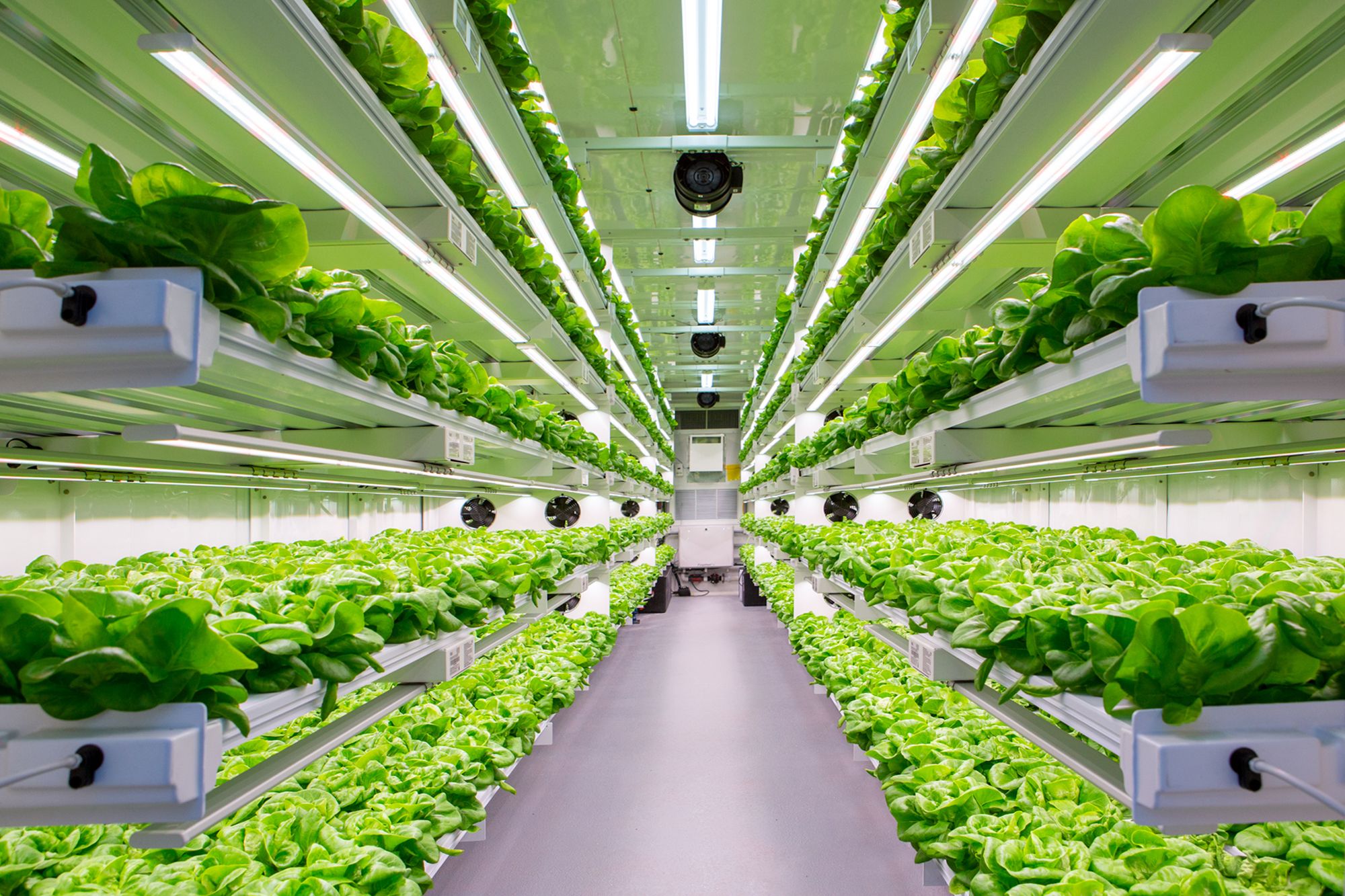SPRING SALE: Receive $100 Off Per Container
Travel is both inspiring and energizing. Seeing the world and experiencing firsthand the diversity of sights, sounds, flavors, and cultures—provides a meaningful perspective about the way others live in distant areas. For Don Taylor, a successful career that involved intense global travel with particular emphasis in India, the experience also opened his eyes to critical issues that require innovative solutions.
"If you've had the privilege of global travel, undoubtedly you become more sensitive that there are numerous regions worldwide where access to clean, nutritious food and farmable land is far from a reality.” Don Taylor, CEO of AmplifiedAg shares how a trip to India inspired him to find a technology solution to change the way we think about agriculture, farming, food security and the global food supply.
In 2015, Don began his pursuit to prove that Controlled Environment Agriculture (CEA) solutions will play a crucial role in fulfilling the demand for fresh, local food and he realized that shipping containers are the ideal vehicle. The 30-year software veteran and former CTO of BenefitFocus, also developed software and hardware technologies to build high-capacity, turnkey farms with precision-controlled environments.
According to the USDA, “Beyond providing fresh local produce, vertical agriculture could help increase food production and expand agricultural operations as the world’s population is projected to exceed 9 billion by 2050.”
Proving rapid expansion with shipping containers
The shipping container as we know it was invented in the late 1800’s and patented in 1956 by Malcolm McLean. Today it is used to transport 70% of all consumer-packaged goods worldwide. Thanks to those like Don Taylor and AmplifiedAg it can proudly add to its repertoire that it has revolutionized the way we ship, store AND farm.
“The decision to use upcycled shipping containers as the primary structure and format for our vertical farms was multifold, not the least of which was environmental impact and sustainability. The modularity and mobility of our container farms make them easy to deploy and relocate, support risk mitigation, and also be responsive to emergency situations.”
AmplifiedAg implemented its first operating farm in 2017 as a proof point for the technology and business model, focusing on seedling cultivation, producing high-yield harvests, and new product R&D. The farm became an industry-leading provider of leafy greens in the Southeastern US and has expanded to 3 farm locations, utilizing over 200 shipping containers, distributing products across 14 states—reaching thousands of local consumers.
Staying true to its objective to increase global food access, the vertical farming technology provider is now utilized by other farmers, NGOs, education, and non-profit partners. It’s also working to grow more than leafy greens such as—tomatoes, peppers, strawberries, rice, potatoes, mushrooms and more.
Pat Monegan, COO of AmplifiedAg adds, “Just like our owned and operated farms served as our company’s proof of concept and incubator, the farm containers allowed us to work in a controlled environment where we could test, learn and conduct research. Today that environment (or farm) allows lettuce to successfully grow in Alaska year-round. The predictability of the container environments have helped us successfully scale. The future of our technology will naturally evolve past the confines of the shipping container into other structures as well.”
AmplifiedAg’s vision for the world
“Our vision is to create a global network of indoor farm operators powered by AmplifiedAg. The ability to foster and support a community of farmers across the world will allow us to share information and provide smart, data-driven solutions that will accelerate the adoption and evolution of indoor agriculture.” Monegan adds.
Don Taylor emphasizes that sustainability is the bedrock for this movement. Headquartered in Charleston, SC, AmplifiedAg focuses on continuously improving its CEA technologies to create farms that consume less resources, produce less waste, use less pesticides, and minimize land usage.


